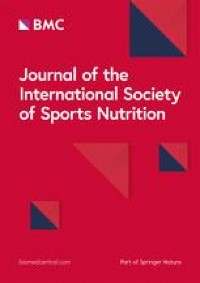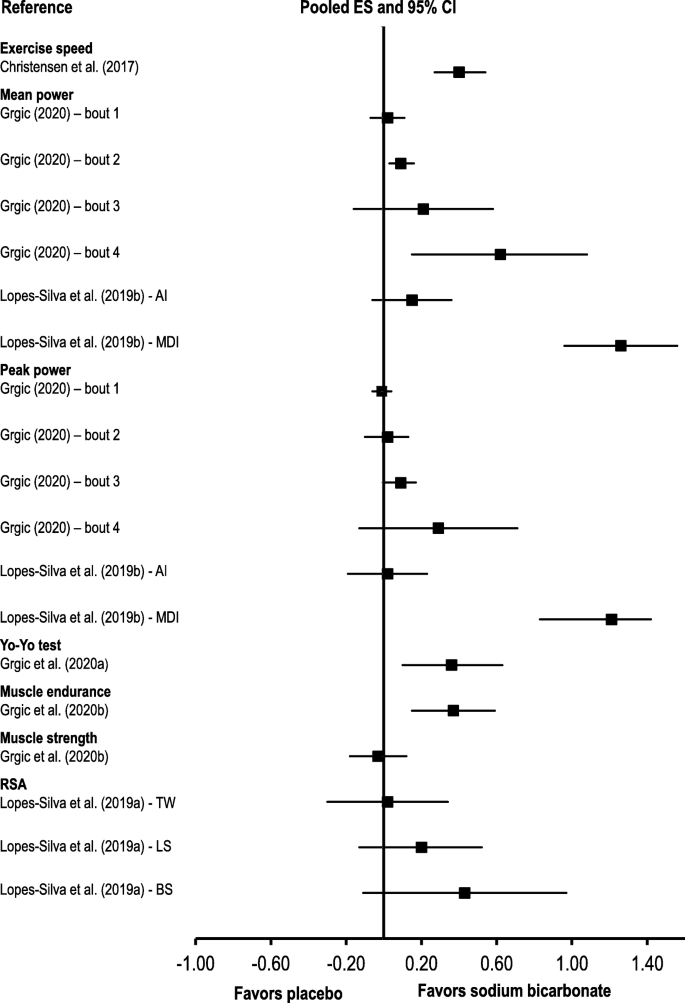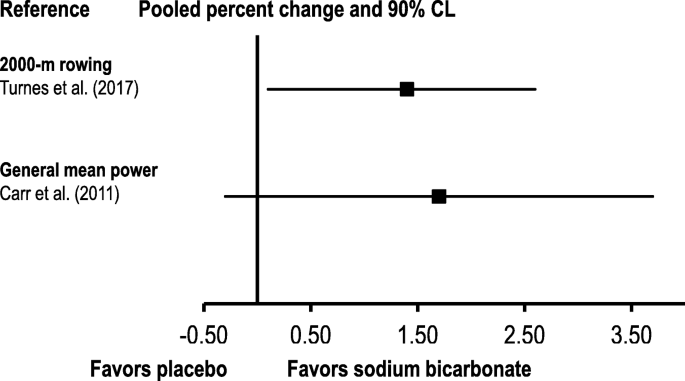Search results
In the five databases explored, the search syntax yielded a total of 123 results. Out of this number of search results, 15 full-text papers were read [13,14,15,16,17,18,19,20, 28,29,30,31,32,33,34], while other references were excluded based on their titles and/or abstracts. After reading the full-texts, seven reviews were excluded because they did not contain a meta-analysis [28,29,30,31,32,33,34]. Two of these reviews [31, 32] calculated effect sizes from the included primary studies but did not pool them using a meta-analysis, and, thus, they did not satisfy the inclusion criteria. Therefore, a total of eight meta-analyses [13,14,15,16,17,18,19,20] were included in the current umbrella review (Fig. 1).
Summary of the included reviews
The number of studies included in each meta-analysis ranged from 5 to 26 (average: 13 studies; Table 1). The pooled number of participants per meta-analysis ranged from 46 to 241. The majority of participants in primary studies were males (77 to 100% of all participants included in the meta-analyses). The meta-analyses explored the effects of sodium bicarbonate supplementation on a range of exercise outcomes, including: general mean power (calculated as the change in performance in cycling, running, rowing or swimming tasks in high-intensity trials of short duration; 26 included studies), performance in endurance events lasting ∼45 s to 8 min (operationally defined as the time needed to complete an event of swimming, running, cycling or rowing; 25 included studies), muscle endurance (12 included studies), muscle strength (11 included studies), peak and mean power in single and repeated Wingate tests (3, 6, or 10 included studies), repeated-sprint performance (total work, best sprint and last sprint performance; 6 included studies), and Yo-Yo test performance (5 included studies).
Methodological quality and quality of evidence
The average score on the AMSTAR 2 checklist was 70% (range: 50 to 81%). Six reviews were categorized as being of moderate methodological quality, while two reviews were categorized as being of high quality (Table 2). Based on the GRADE checklist, the quality of evidence ranged from low to moderate. Low-quality evidence was found for general mean power, performance in endurance events lasting ∼45 s to 8 min, muscle endurance, mean and peak power output in the Wingate test (in one of two meta-analyses that explored this outcome), total work in repeated-sprints, and 2000-m rowing performance. Moderate quality evidence was found for muscle strength, peak and mean power in the Wingate test, best sprint and last sprint performance in repeated-sprints, and Yo-Yo test performance (Table 3).
Effects of sodium bicarbonate supplementation on exercise performance
Meta-analyses that used Cohen’s d
A meta-analysis of 25 studies reported ergogenic effects of sodium bicarbonate supplementation on performance in endurance events lasting ∼45 s to 8 min (pooled effect size: 0.40; Fig. 2; Table 4) [14].
Summary of pooled effect sizes (ES) and 95% confidence intervals (CI) from the meta-analyses that used Cohen’s d for data analysis. AI: acute ingestion of sodium bicarbonate; BS: best sprint; LS: last sprint; MDI: multi-day ingestion of sodium bicarbonate; RSA: repeated-sprint ability; TW: total work
In a meta-analysis including data from 12 studies, sodium bicarbonate supplementation was found to be ergogenic for muscular endurance (pooled effect size: 0.37) [17]. In a meta-analysis including 11 studies, no ergogenic effect was observed for muscular strength (pooled effect size: − 0.03) [17].
Two meta-analyses examined the effects of acute sodium bicarbonate ingestion on mean and peak power in the single and repeated Wingate tests [15, 19]. In a meta-analysis that included six studies, there were no ergogenic effects of acute sodium bicarbonate ingestion on mean and peak power in Wingate bout 1, 2 and 3 (pooled effect size range: − 0.07 to 0.22) [19]. In another meta-analysis with 10 included studies [15], an ergogenic effect of sodium bicarbonate supplementation was found on mean power in Wingate bout 2 (pooled effect size: 0.09) and bout 4 (pooled effect size: 0.62), as well as peak power in Wingate bout 3 (pooled effect size: 0.09). No significant differences between the effects of sodium bicarbonate and placebo were observed in other comparisons (i.e., mean power in Wingate bout 1 and 3 and peak power in Wingate bout 1, 2 and 4).
The effects of multi-day protocols of sodium bicarbonate ingestion on mean and peak power in single and repeated Wingate tests were examined in one meta-analysis that included 3 studies [19]. Sodium bicarbonate ingestion was ergogenic for peak and mean power (pooled effect size range: 1.21 to 1.26).
The effects of sodium bicarbonate supplementation on repeated-sprint performance measures were explored in one meta-analysis that included 6 studies [18]. No significant difference between the effects of sodium bicarbonate and placebo was found for any of the analyzed outcomes (pooled effect size range: 0.02 to 0.43).
One meta-analysis, including 5 studies, examined the effects of sodium bicarbonate supplementation on Yo-Yo test performance and reported an ergogenic effect of sodium bicarbonate (pooled effect size: 0.36) [16].
Meta-analyses that used percent changes
In one meta-analysis [13], exercise performance data from 25 included studies were converted to general mean power. In this analysis, there was no significant difference between sodium bicarbonate and placebo (1.7%; 90% confidence limit [CL]: − 0.3, 3.7%; Fig. 3).
One meta-analysis included 6 studies on the effects of sodium bicarbonate supplementation on 2000-m rowing performance [20]. Sodium bicarbonate supplementation was found to enhance this outcome by 1.4% (90% CL: 0.1, 2.6%).
Subgroup analyses
Besides the main analyses, three reviews [13, 17, 19] also conducted additional subgroup meta-analyses (Table 5). In the meta-analysis [13] with general mean power as the outcome variable, subgroup analyses included sodium bicarbonate dose, number of exercise bouts, exercise test duration, participants’ sex and training status, and non-blinded (blinding of participants) study designs. A significant ergogenic effect of sodium bicarbonate (0.6%; 90% CL: 0.2, 1.0%) was found only when five extra exercise bouts were performed.
In the review with muscle endurance and muscle strength as outcome variables [17], subgroup meta-analyses included the size of the exercised muscle, protocol of ingestion, and testing in a fatigued vs. non-fatigued state. The results of these subgroup meta-analyses were consistent with those reported in the primary meta-analyses, confirming an ergogenic effect of sodium bicarbonate on muscle endurance and finding no significant difference between the effects of sodium bicarbonate and placebo on muscle strength (Table 5).
Finally, Lopes-Silva et al. [19] performed subgroup analyses to explore the effects of single-dose and multi-day protocols of sodium bicarbonate ingestion on peak and mean power in Wingate bouts 1–4. As with the primary findings, subgroup analyses found that multi-day protocol of supplementation increased peak and mean power in bouts 1–4. No significant difference was found between the effects of placebo and acute sodium bicarbonate ingestion.
Source link



